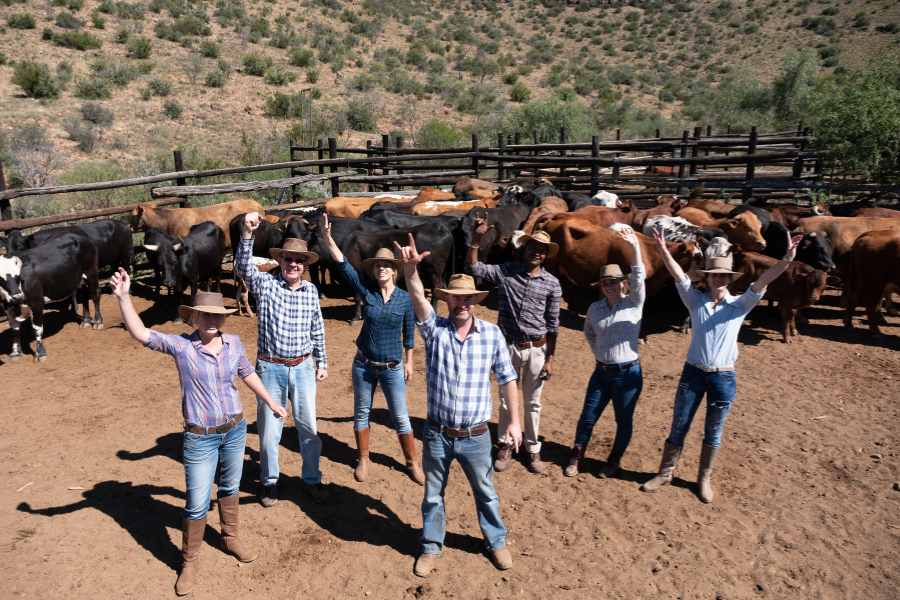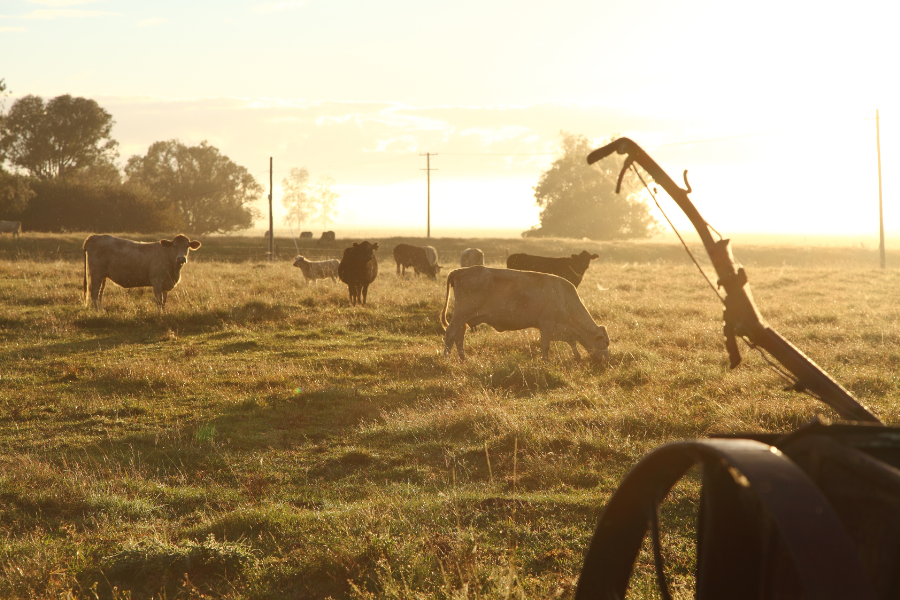Most farmers measure growth in visible ways.
More hectares.
More stock.
More machinery.
More turnover.
And on paper, growth looks like progress.
But there’s another cost that rarely appears in budgets, business plans, or balance sheets — yet it’s the one farmers feel the most.
Mental load.
Growth Changes the Nature of the Work
When farms are smaller, work is mostly physical.
You do the job.
You see the result.
You move on.
As farms grow, the work quietly shifts.
Less time is spent doing.
More time is spent deciding.
- What to prioritise
- Who to trust
- What can wait
- What might break if you’re not watching
The farm stops being something you work on — and starts being something you carry.
Mental Load Isn’t About Hours
Many farmers don’t work more hours than they used to.
But they feel more tired.
That’s because mental load doesn’t switch off when the day ends.
It shows up as:
- replaying decisions at night
- holding half-finished thoughts
- tracking loose ends in your head
- worrying about things that might go wrong
You’re not resting —
you’re buffering risk.
And that’s exhausting in a different way.
Why Growth Feels Heavier Than It Should
Growth adds:
- more people
- more handovers
- more dependencies
- more consequences
If the structure doesn’t change alongside growth, the pressure concentrates in one place — usually with the owner or manager.
That’s when you hear things like:
- “I can’t step away.”
- “It’s easier if I just do it.”
- “I’m always thinking about the farm.”
The problem isn’t growth itself.
It’s growth without support structures.
The Invisible Tax of Holding It All Together
Mental load is the tax paid by capable people in under-designed systems.
It’s paid in:
- shortened patience
- reduced clarity
- slower decisions
- strained relationships
Not because farmers don’t care —
but because they care too much,
with nowhere to put that care down.
Why This Doesn’t Fix Itself
Many farmers assume mental load is just part of success.
“That’s the price you pay.”
“That’s responsibility.”
“That’s leadership.”
But mental load doesn’t naturally reduce over time.
If anything, it compounds.
More experience means:
- more knowledge in your head
- more people relying on you
- more situations you’ve seen go wrong
Without systems, experience becomes a weight instead of an asset.
Systems as Mental Load Insurance
The most overlooked benefit of systems isn’t efficiency.
It’s relief.
Good systems:
- store decisions so they don’t need to be re-made
- make priorities visible
- reduce second-guessing
- allow others to act with confidence
They don’t remove responsibility.
They share it safely.
What Changes When Mental Load Drops
When mental load is reduced:
- thinking becomes clearer
- decisions come faster
- leaders stop reacting
- time off actually feels like time off
The farm doesn’t feel lighter because there’s less to do.
It feels lighter because less is being carried in one head.
This Is the Growth Most Farms Miss
True growth isn’t just scale.
It’s:
- growing structure
- growing clarity
- growing shared understanding
Without that, bigger farms simply mean bigger mental burden.
And that’s not sustainable — for the business or the people in it.

Where Enable Ag Fits
At Enable Ag, we don’t treat mental load as a personal weakness.
We treat it as a design issue.
Our work focuses on:
- moving decisions into systems
- reducing dependency on memory
- creating clear rhythms and handovers
- building farms that don’t require constant mental vigilance
Because growth should create opportunity —
not permanent pressure.
Want the First Step Toward Sustainable Growth?
Download the Ultimate Time-Freedom Checklist — it helps you spot the hidden time leaks and mental load traps that are holding your farm back.
Build the structure that growth demands — before the weight of it lands on you.
If you found this article helpful, share it with your network to help others unlock their farming potential. Don’t forget to like and follow us on social media for more insightful tips: Facebook, Instagram, and LinkedIn. Let’s empower more farmers together!

 Enable Ag
Enable Ag

 Enable Ag
Enable Ag
 Enable Ag
Enable Ag
 Enable Ag
Enable Ag


 Enable Ag
Enable Ag



